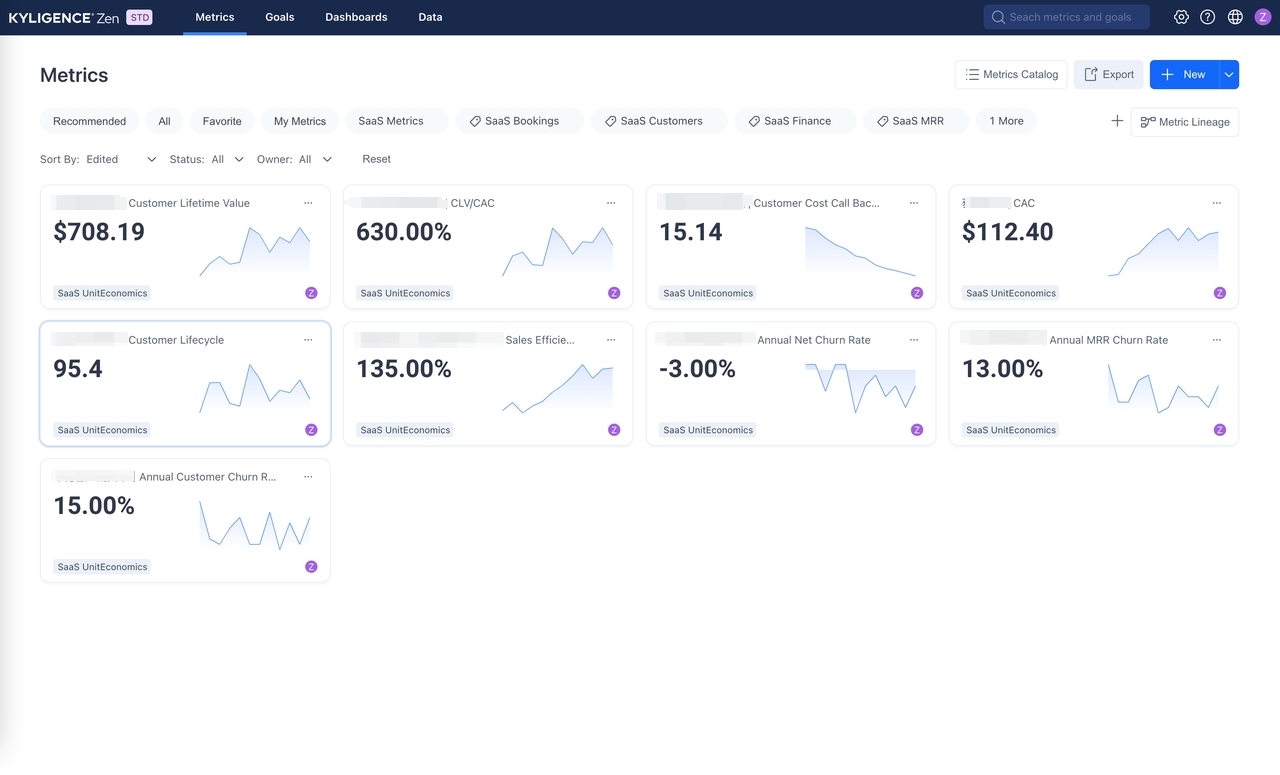Ⓒ 2023 Kyligence, Inc. All rights reserved.
Introduction
In the fast-paced world of sales, understanding and tracking Key Performance Indicators (KPIs) is crucial for success. This is particularly true in the pre-sales phase, where the groundwork is laid for future deals. Pre-sales KPIs provide measurable values that can help teams achieve their pre-sales goals and objectives. They serve as a compass, guiding pre-sales engineers and the entire sales team towards the right path.
Pre-sales KPIs are not just about measuring performance. They are about understanding customer behavior, improving sales strategies, and ultimately, driving business growth. In this ebook, we will delve into the world of pre-sales KPIs, including sales engineer KPIs, and explore how they can be effectively used to enhance your business's sales process.
Understanding Pre-Sales KPIs
Pre-Sales KPIs are metrics that help businesses measure the effectiveness of their pre-sales activities. These activities often include lead generation, lead qualification, product demonstrations, and technical consultations. The KPIs associated with these activities, including sales engineer KPIs, provide valuable insights into the performance of the pre-sales team and the efficiency of the pre-sales process.
Choosing the right KPIs for your business is a critical step in the process. The KPIs you choose should align with your business goals and objectives, and they should provide actionable insights that can help improve your pre-sales process. For example, if your goal is to increase the number of qualified leads, you might choose to track KPIs like lead response time and lead qualification rate.
Popular Pre-Sales KPIs Examples
Let's delve into some popular pre-sales KPIs that businesses often track:
Lead Response Time: This KPI measures how quickly your pre-sales team responds to new leads. A shorter lead response time can increase the chances of qualifying the lead and eventually closing the deal.
Lead Qualification Rate: This KPI measures the percentage of leads that meet your qualification criteria and are considered potential opportunities. A higher lead qualification rate indicates that your pre-sales team is effectively identifying and targeting the right prospects.
Lead-to-Opportunity Conversion Rate: This KPI measures how often qualified leads turn into opportunities. A high conversion rate suggests effective communication and collaboration between your pre-sales and sales teams.
Average Deal Size: This KPI indicates the average revenue generated per sale. Tracking this KPI can help your pre-sales team focus their efforts on high-value prospects that can drive revenue growth.
These are just a few examples of pre-sales KPIs. Depending on your business goals and the nature of your sales process, you might choose to track other KPIs as well.
Role of Pre-Sales Engineers in Tracking KPIs
Pre-sales engineers play a crucial role in tracking and analyzing pre-sales KPIs. They are often the bridge between the sales team and the customer, providing technical expertise, understanding customer needs, and offering solutions that meet those needs.
In addition to their technical responsibilities, pre-sales engineers are also involved in data analysis and reporting. They track various KPIs, such as lead generation, conversion rates, and pipeline velocity, to identify areas of improvement within the sales process. By analyzing these KPIs, pre-sales engineers can provide valuable insights that can help optimize the sales process and drive business growth.
Case Study: Kyligence and Their Use of Pre-Sales KPIs
Kyligence is a leading big data company that provides an metrics platform to help organizations build a common data language across multiple business units.
The company has been successful in using pre-sales KPIs to drive its sales pipeline and achieve business success. One of the pre-sales KPIs used by Kyligence is the number of demos conducted per week. They set a target of 10 demos per week, which helps them to measure their team's productivity and efficiency. Another important pre-sales KPI used by Kyligence is the conversion rate from demo to proof of concept (POC). The company aims for a conversion rate of 50% or higher, which indicates how well their solution meets customer needs.
Kyligence also tracks the time taken between demo and POC as a pre-sales KPI. They aim to keep this time frame as short as possible, as it directly impacts their sales cycle. By tracking this metric, they can identify any bottlenecks in the process and take corrective action to improve efficiency.
The impact of these pre-sales KPIs on Kyligence's sales pipeline has been significant. By monitoring these metrics closely, they have been able to identify areas for improvement and optimize their processes accordingly. This has resulted in shorter sales cycles, increased revenue, and improved customer satisfaction.
Tools and Techniques for Monitoring Pre-Sales KPIs
Monitoring pre-sales KPIs is crucial for businesses to make informed decisions and drive success. There are various tools and techniques available to monitor pre-sales KPIs, and it's important to choose the right ones that fit your business needs. One popular tool for monitoring pre-sales KPIs is CRM software, which allows you to track leads, opportunities, and deals in real-time. With a CRM system, you can also analyze sales data and generate reports to measure performance against your pre-sales KPIs.
Track Pre-Sales KPIs with Kyligence Zen
Managing and analyzing your pre-sales KPIs and other business metrics can be a complex and time-consuming process. That's where Kyligence Zen comes in. Kyligence Zen is a low-code metrics platform that allows you to define, collect, and analyze your business metrics in one place.
Here's a simplified guide on how you can track pre-sales KPIs with Kyligence Zen:
Step 1: Connect Your Data Source
With Kyligence Zen, you can quickly connect your data sources, define your business metrics, and uncover hidden insights in minutes. The platform also offers over 1000 metric templates created by industry experts, which you can easily apply to your own datasets.
Step 2: Define Your Pre-Sales KPIs
Once you connect your data source to Kyligence Zen, you can create metrics using a drag-and-drop interface. Alternatively, you can leverage the metrics template made by industry experts.
Step 3: Reuse Your Metrics Across Platforms
Kyligence Zen offers flexibility in how you analyze your data. You can create customizable dashboards tailored to your specific metrics, or you can connect your metrics to Excel for a familiar, intuitive, drag-and-drop Pivot-table experience.
Moreover, with its Open APIs, Kyligence Zen ensures easy integration of your organization’s data and metrics with the BI and SaaS tools that best fit your business needs. This allows for alignment across all your business units, data consumers, and decision-makers on one unified metrics platform.
In conclusion, tracking your pre-sales KPIs is essential for measuring business success. You can identify trends and adjust business strategies by monitoring your pre-sales KPIs and using tools like Kyligence Zen.
Tracking Your Pre-Sales KPIs with Kyligence Zen
Track the top pre-sales KPIs: demos per week, Sales Cycle Length, Lead-to-Opportunity Conversion Rate, Average Deal Size. Kyligence Zen makes it easy to connect your organization’s data and metrics with the BI and SaaS tools that make sense for your business—no matter what they are. Align all of your businesses, data consumers, and decision-makers on one unified metrics platform

Conclusion
Pre-Sales KPIs are powerful tools that can help businesses measure their performance, make informed decisions, and achieve their pre-sales goals and objectives. By tracking these KPIs, businesses can gain valuable insights into their sales process and identify areas for improvement.
Whether it's improving lead response time, increasing the lead qualification rate, or boosting the lead-to-opportunity conversion rate, Pre-Sales KPIs can provide the data and insights needed to drive business growth and success.
We hope this article has provided you with a comprehensive understanding of Pre-Sales KPIs and their importance in the sales process. We encourage you to start implementing these KPIs in your own business and see the difference they can make.
